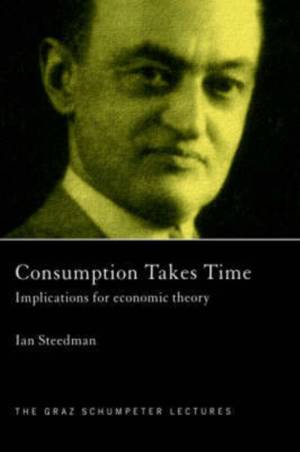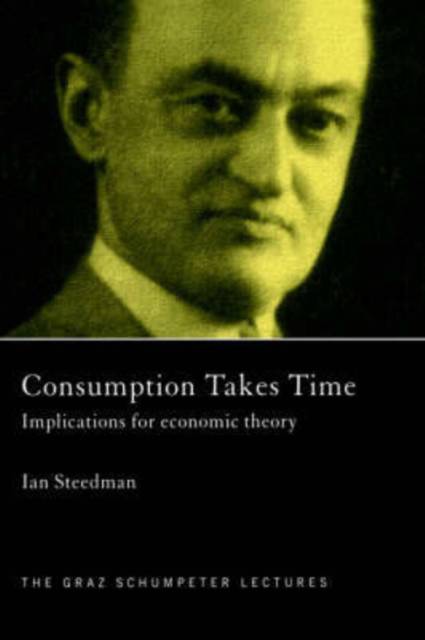
- Retrait gratuit dans votre magasin Club
- 7.000.000 titres dans notre catalogue
- Payer en toute sécurité
- Toujours un magasin près de chez vous
- Retrait gratuit dans votre magasin Club
- 7.000.0000 titres dans notre catalogue
- Payer en toute sécurité
- Toujours un magasin près de chez vous
Description
Standard economic theory of consumer behaviour considers consumers' preferences, their incomes and commodity prices to be the determinants of consumption. However, consumption takes time and no consumer has more - or less - than 168 hours per week. This simple fact is almost invisible in standard theory, and takes the centre stage in this book. Whether one is 'money-rich but time-poor' or is 'money-poor and killing time', both money and time considerations matter. Recognition that consumers are subject to both time and expenditure constraints makes a real difference to the economic theory of consumption. 'Two-constraint' theory is genuinely different in various respects from the familiar one-constraint theory. Income effects, substitution effects etc. have to be reconsidered, expenditure functions have to be redefined, and the results are sometimes surprising. It is not only the positive theory of consumption and labour supply that must be reworked, welfare economics too changes significantly when time constraints on consumption are given their proper due. The focus on time not only changes the comparative states of consumer theory, but it also overcomes some of the more artificial barriers between social theory and practical, everyday matters of altruism and interpersonal decision taking.
Spécifications
Parties prenantes
- Auteur(s) :
- Editeur:
Contenu
- Nombre de pages :
- 176
- Langue:
- Anglais
- Collection :
Caractéristiques
- EAN:
- 9780415250993
- Date de parution :
- 29-03-01
- Format:
- Livre relié
- Format numérique:
- Genaaid
- Dimensions :
- 166 mm x 236 mm
- Poids :
- 394 g

Les avis
Nous publions uniquement les avis qui respectent les conditions requises. Consultez nos conditions pour les avis.






